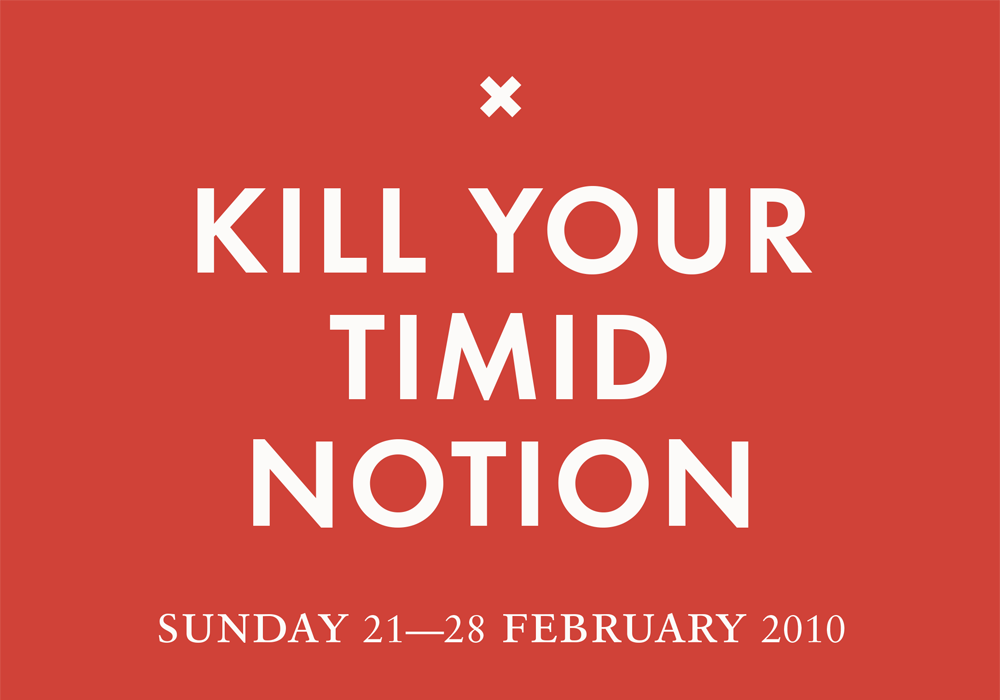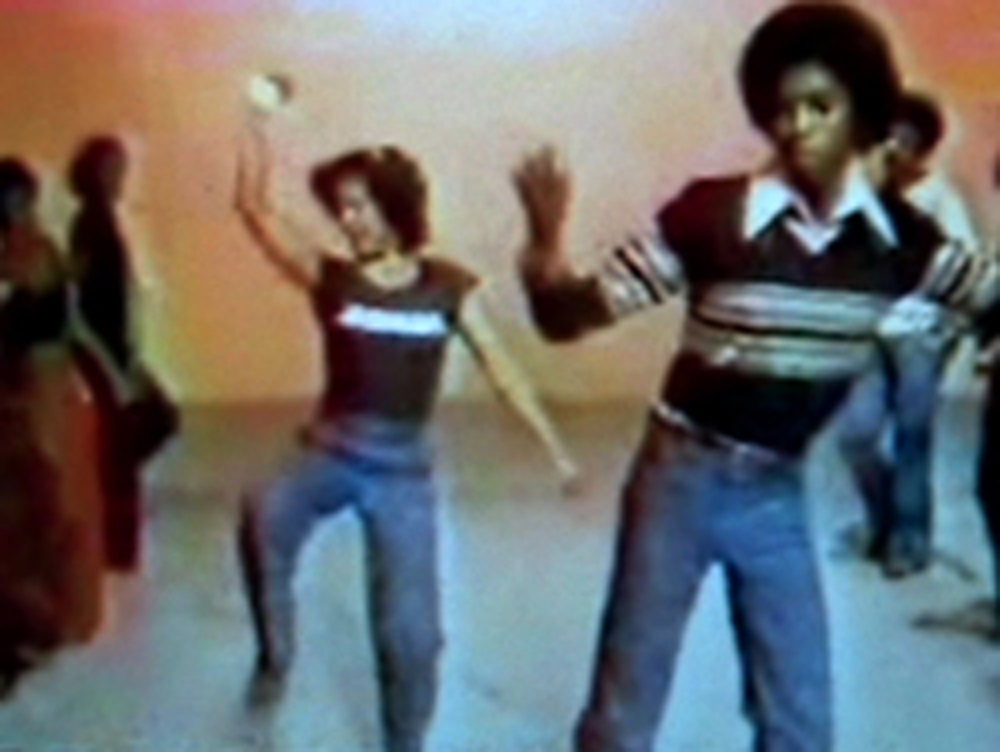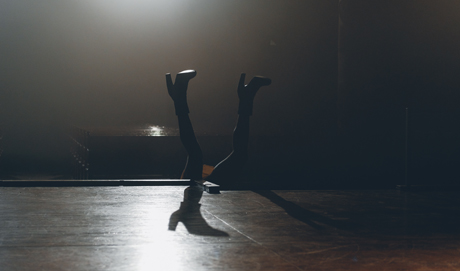
Discourse or Intercourse: Group Action
Maxine Meighan Robert Softley Gale
How do people living with disability see themselves in today’s sexualised culture? How do we imagine our crip sexual selves despite society wanting to reduce us to non-erotic bodies?













